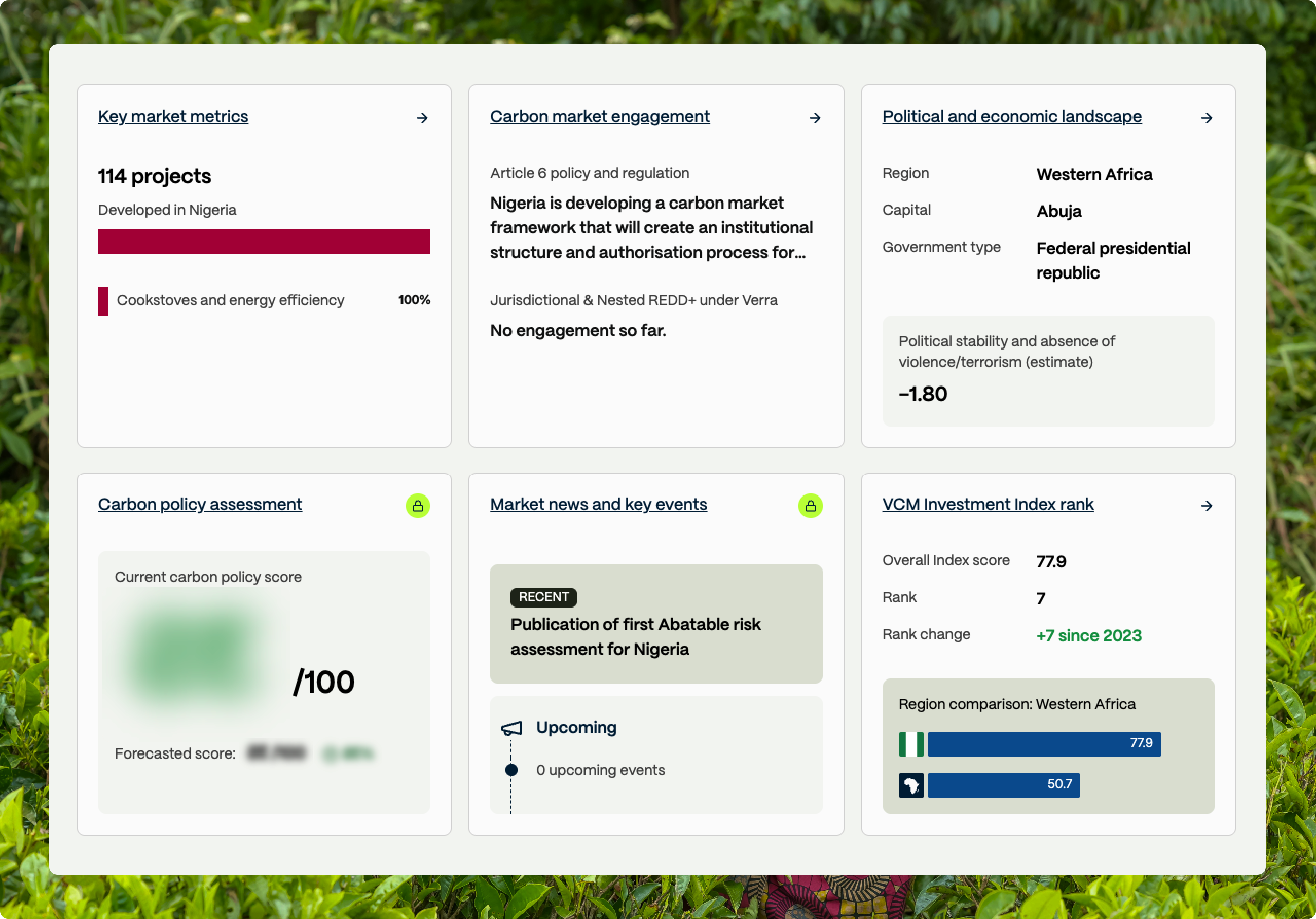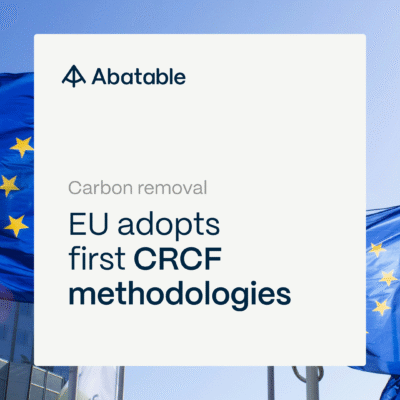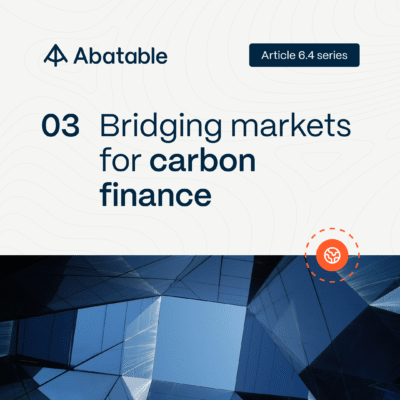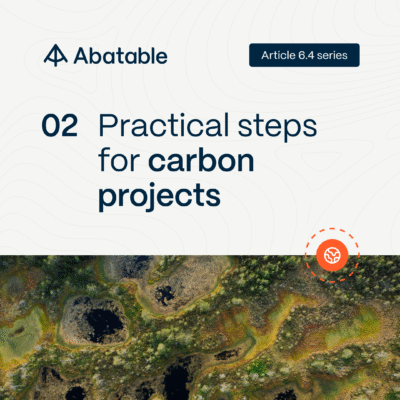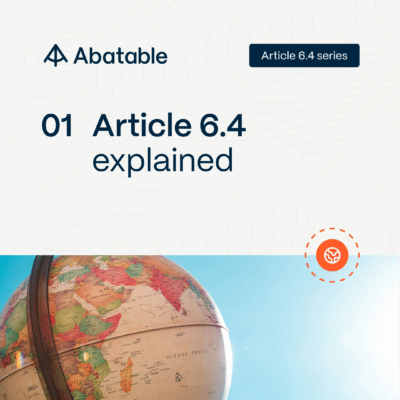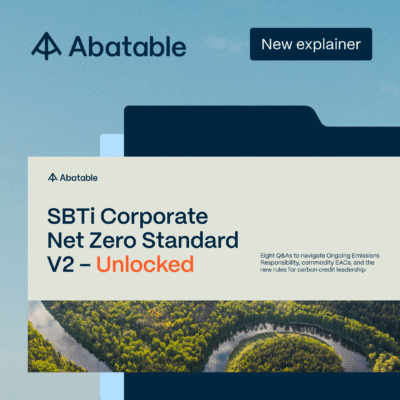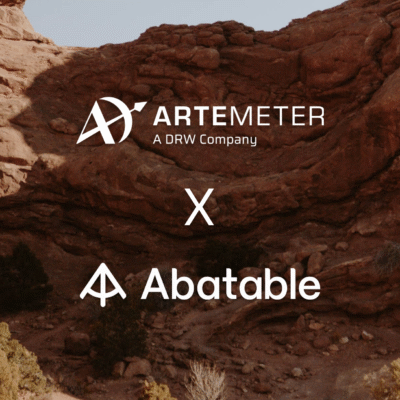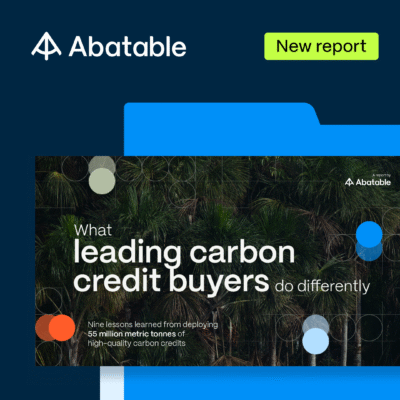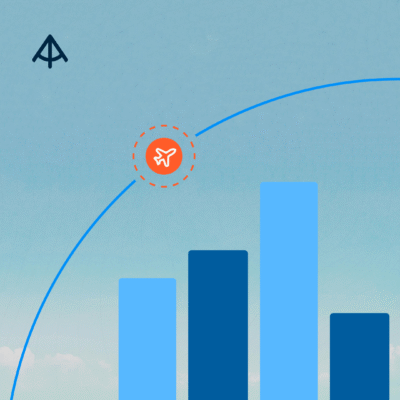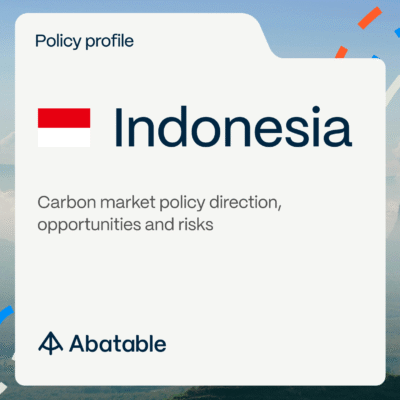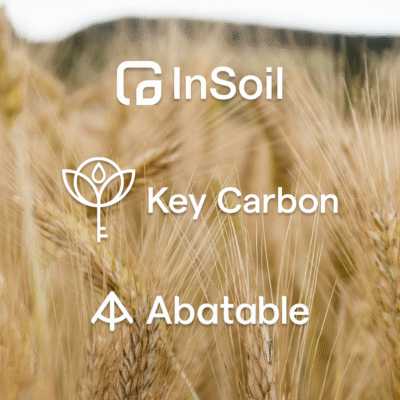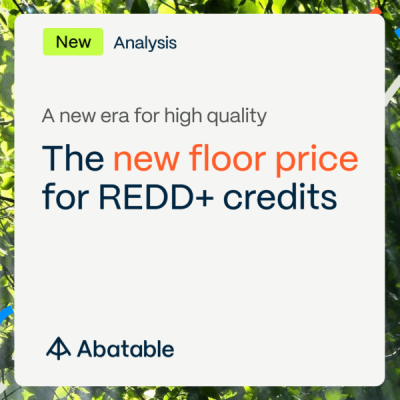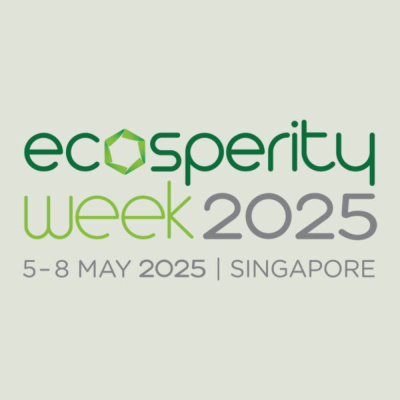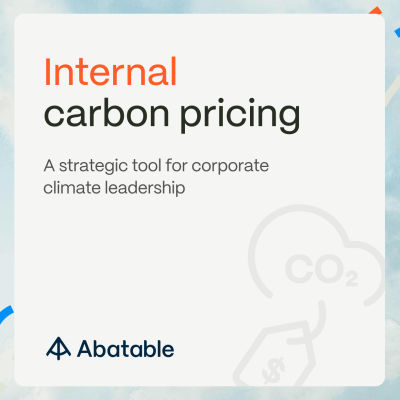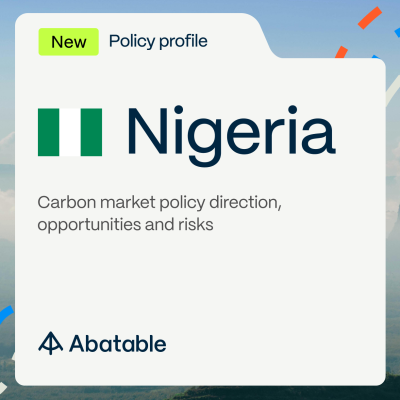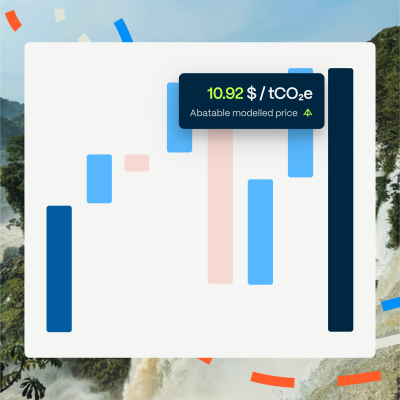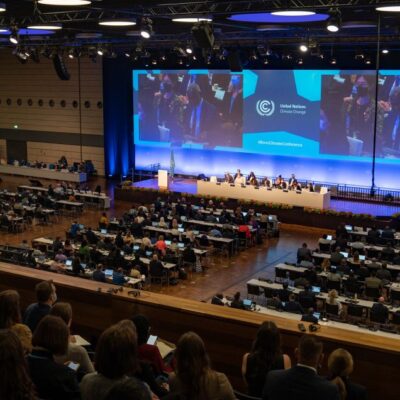Buying credits from, investing in, or developing carbon projects comes with opportunities and risks that vary from country to country. Government policy decisions can have a decisive impact on a carbon project’s success and sudden changes, such as restrictions on credit exports or new taxes on carbon revenues, can alter project economics overnight.
Understanding carbon policy risk is therefore essential for anyone involved in the voluntary carbon market (VCM).
Abatable’s policy profiles module within our free-to-access intelligence platform is designed to help companies, investors and project developers navigate these risks with confidence. The module provides clear, comparable insights into how different countries approach carbon markets, from their legal frameworks and approach to carbon rights to their engagement with Article 6 of the Paris Agreement.
This helps market participants assess both risks and opportunities – whether you’re buying credits to support your climate strategy, developing carbon projects or investing in emerging markets.
With demand for carbon credits increasing, more governments creating policies to regulate or benefit from carbon markets, and shifting international trading patterns, it has never been more important to stay informed on the global carbon policy landscape.
This is the case for Nigeria, our latest policy profile, which has recently announced draft carbon market regulation and is set to play a significant role in the future of carbon markets. For businesses and investors exploring carbon projects in Nigeria, understanding the country’s evolving policy landscape is key to making informed, future-proofed decisions.
Sign up to access our policy profiles
An increasingly supportive carbon policy landscape in Nigeria
Nigeria has a healthy carbon market, with 114 clean cookstove carbon projects developed to date. It is host to 21 carbon project developers that are active in the country, and three new projects have started issuing credits in the last 12 months. Around 5% of all global issuances of improved cookstoves carbon credits have come from Nigeria.
Nigeria plans to establish a carbon tax on its telecommunications sector and set up an emissions trading schee with broader sectoral coverage in the future. It is currently developing a carbon market framework to engage with Article 6 of the Paris Agreement.
In contrast, neighbouring Cameroon’s 16 carbon projects are mostly in improved forest management. Niger to the north has developed only two projects to date, both in afforestation and reforestation.
Nearby Ghana presents a similar carbon project picture to Nigeria. It has developed 53 projects, 86% of which are focused on cookstoves and energy efficiency.
Abatable’s VCM Investment Attractiveness Index ranks Nigeria as the seventh most attractive country for carbon project development, due to its current voluntary carbon market conditions and its potential to play a significant role in the future of international carbon markets.
Pro users of our platform can access our country carbon policy score for Nigeria, and importantly how we expect this to change in the future as a result of the imminent finalisation of the country’s national carbon market policy framework. This will define a role for voluntary carbon markets in the country and outline how it intends to interact with Article 6.
Pro users can also access the latest carbon market news and key events for countries that interest them, subscribe to policy alerts and book calls to speak with our expert team of policy analysts.
Explore Nigeria’s new carbon policy profile in full
Nigeria is a country to watch as it shapes its role in global carbon markets. Navigating its evolving policy landscape requires expert and up-to-date insights.
Sign up to Abatable’s market Intelligence platform for access to the full carbon policy profile for Nigeria, as well as detailed profiles for other key African markets like Tanzania, Rwanda and Zambia.
Whether you’re sourcing carbon credits for your sustainability strategy, investing in climate solutions or developing carbon projects, our tools can help you stay ahead of policy developments and make more informed decisions.
Sign up today to explore Nigeria’s policy profile and compare carbon market policies across countries.

